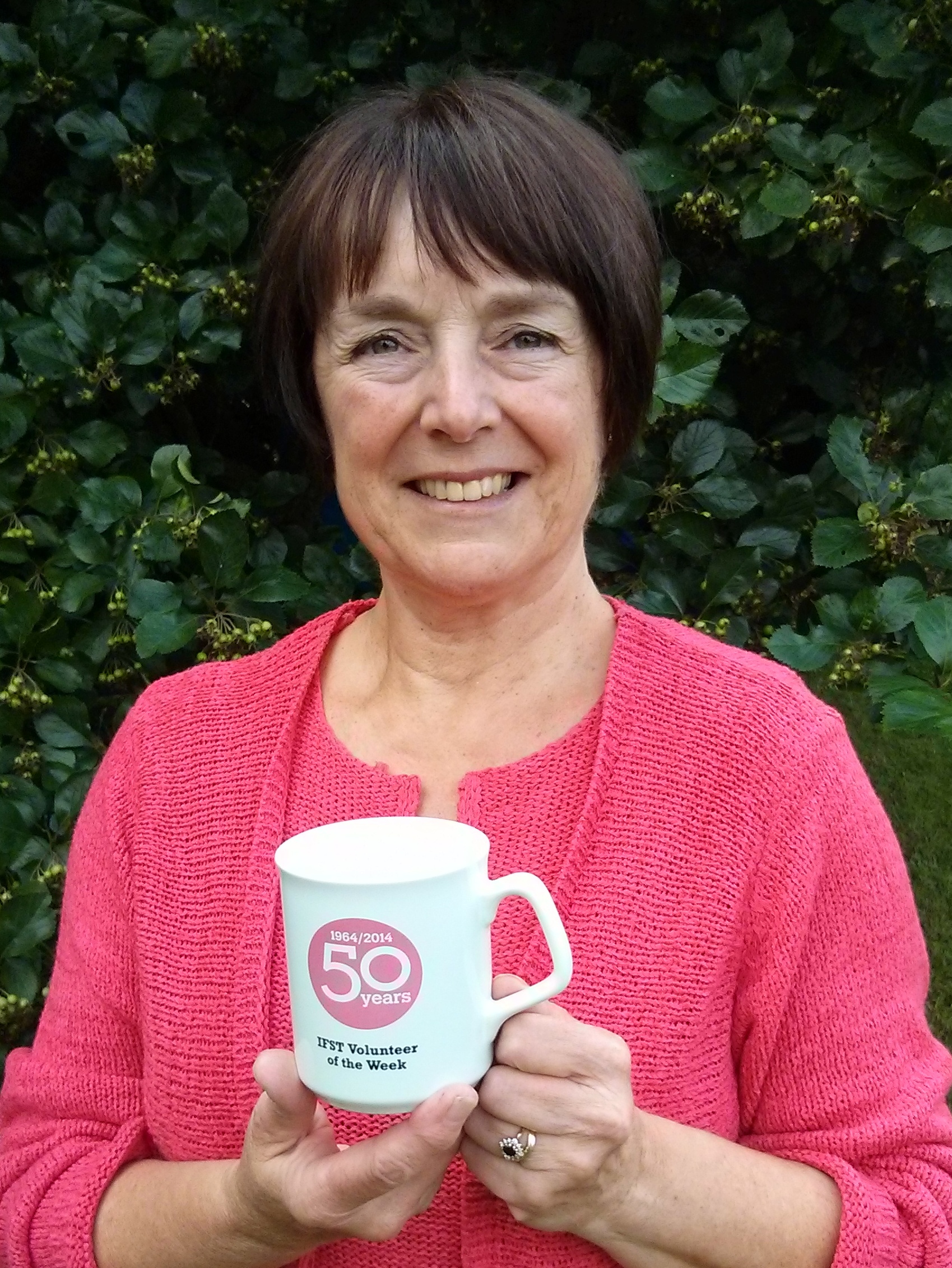Margaret Everitt is the Volunteer of the Week for her continued support of the Institute. Margaret has been heavily involved with the Sensory Science Group (formerly Professional Food Sensory Group) and is involved in two different committees.
Why did you initially join IFST?
ME: Being completely honest, initially the sole purpose was to be able to make use of IFST’s authority as an accreditation / certification body. I was part of a small group of sensory scientists who wanted to establish a program of accredited training that could provide formal sensory qualifications to heighten the credibility and professional status of sensory scientists. The group became an IFST Special Interest Group (SIG) in 1998 followed by inauguration in October 1999 to Professional Group status.
Congratulations on being awarded Volunteer of the Week! What does it mean to receive this award?
ME: It’s always great to feel valued.
Tell us more about the new Sensory Science Register that you’ve been working on.
ME: The new Register is the final tier of IFST’s Sensory Science Group’s accredited sensory training and qualification program. It represents an important milestone for Sensory Science as it provides a level of professional recognition previously unavailable in the field.
Why should members join the Sensory Science Register?
ME: To have a respected qualification that signifies a high level of Sensory Science knowledge, experience and achievement.
What do you see as the key role for the sensory function in the Food Industry?
ME: As a communication aid. Sensory Science is a pivotal link between many other disciplines. It can act as a valuable information bridge that provides insight about the importance of a product’s sensory qualities for product development, marketing and production teams.
What’s your biggest professional achievement?
ME: Crikey! That’s a difficult one … possibly working as sensory manager with the team at Walkers Crisps in the early 90’s charged with researching the cost benefit of changing to the use of foil packaging. The sensory analysis information played an important role in this major business decision.
Why is it important to belong to a member organisation like IFST?
ME: Very importantly for me it enables me to continue contributing along with like-minded colleagues in building Sensory Science’s standing within the Industry. But also I now very much appreciate the status, wealth of information, networking opportunities plus support and advice that IFST provides.
Tell us something about yourself that few people know
ME: My career started off working in horticulture at the CWS plant trial grounds in Derby. I became a qualified Seed Analyst with a ‘Certificate of Proficiency in Seed Testing’ after training at the National Institute of Agricultural Botany (N.I.A.B.) Cambridge.

